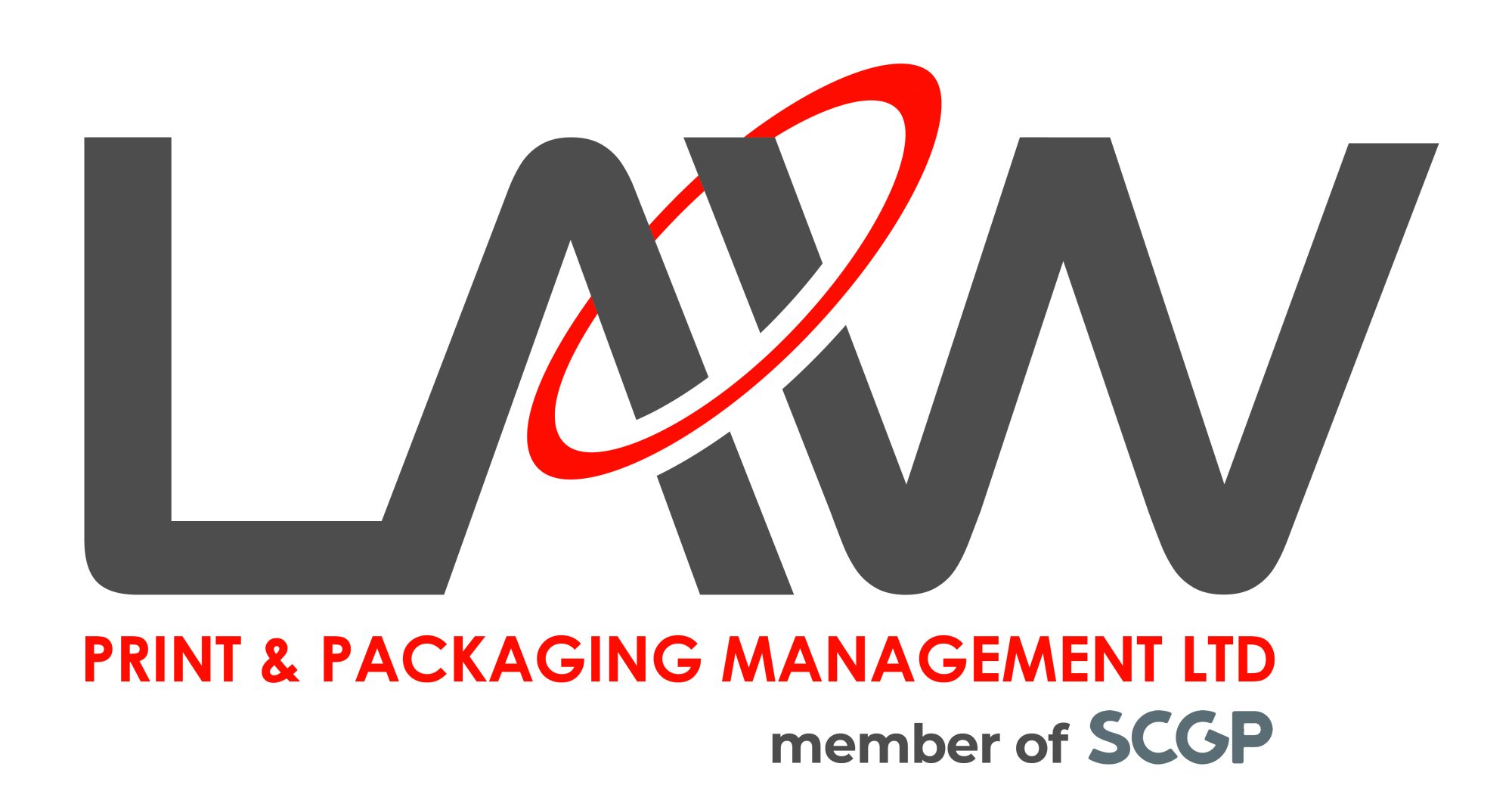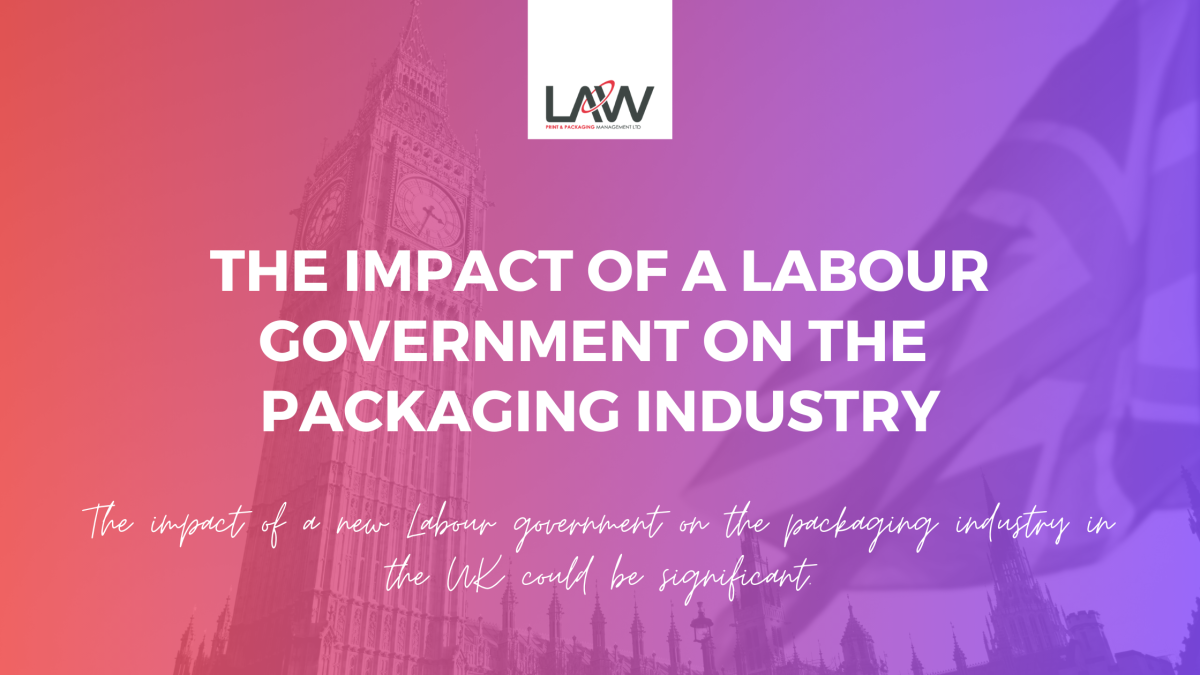The impact of a new Labour government on the packaging industry in the UK could be significant, given the party’s historical emphasis on environmental sustainability, consumer protection, and business regulation.
Here are some potential areas of impact:
1. Environmental Regulations
- Plastic Reduction Initiatives: Labour governments often prioritise reducing plastic waste. This could involve stricter regulations on single-use plastics, incentivising the use of biodegradable or recyclable materials, and possibly implementing extended producer responsibility (EPR) schemes where producers are financially responsible for the disposal of their packaging.
- Recycling Targets: Higher recycling targets might be set, requiring the packaging industry to increase the recyclability of their products. This could include mandates on the use of recycled materials in packaging.
2. Sustainability Standards
- Sustainable Packaging Requirements: The Labour government might introduce new standards for sustainable packaging. Companies could be required to meet these standards, potentially increasing costs but also driving innovation in the industry.
- Green Certification Programs: There could be an introduction of or increased support for certification programs that recognise sustainable packaging, providing a market advantage for compliant companies.
3. Economic Impacts
- Taxation and Incentives: Labour could introduce taxes on non-recyclable packaging or provide tax incentives for businesses that use sustainable packaging solutions. This might encourage a shift towards greener practices but could also increase operational costs for companies not yet adapted to these standards. This is similar to the PPT.
- Support for SMEs: Small and medium-sized enterprises (SMEs) in the packaging industry might receive more government support to transition to sustainable practices. This could potentially include grants, loans, or subsidies, which would help ease the financial burden of adopting greener solutions.
4. Consumer Protection and Transparency
- Labelling and Information: Increased transparency might be mandated, requiring detailed labelling on the packaging about its environmental impact and recyclability. This would aim to inform consumers better and drive demand for sustainable products.
5. Circular Economy Initiatives
- Promotion of Circular Economy: Labour might promote a circular economy approach, encouraging the design of packaging that can be reused, repaired, or recycled. This could involve collaboration between government, industry, and consumers to create a more sustainable lifecycle for packaging materials.
6. Collaboration and Innovation
- Industry Collaboration: There could be initiatives to foster collaboration between the packaging industry and other sectors to develop innovative solutions for sustainable packaging.
- Research and Development: Increased funding for R&D into new materials and technologies for sustainable packaging could be a priority, potentially leading to breakthroughs that benefit the entire industry.
7. Regulatory Compliance and Enforcement
- Stricter Enforcement: Authorities could enforce existing regulations on packaging and environmental impact more rigorously, requiring companies to ensure compliance or face penalties.
8. Potential Challenges
- Cost of Transition: The shift to more sustainable practices may involve significant upfront costs for companies in the packaging industry.
- Market Adaptation: Adjusting to new regulations and consumer expectations could require time and innovation, posing challenges, particularly for smaller businesses.
The new Labour government is likely to drive substantial changes in the UK packaging industry, primarily focused on sustainability and environmental impact.
While these changes could lead to increased costs and operational shifts in the short term, they also present valuable opportunities for innovation and leadership in sustainable practices. Ultimately, this could benefit both the industry and the environment in the long run.
If your brand wants to invest in quality packaging, we will guide you through the entire print process. Additionally, we provide recommendations along the way. This is designed to improve efficiency, reduce costs, and add significant value to the end product.
Contact us on +44 (0) 161 440 7302. Alternatively, follow this link to complete our contact form.


